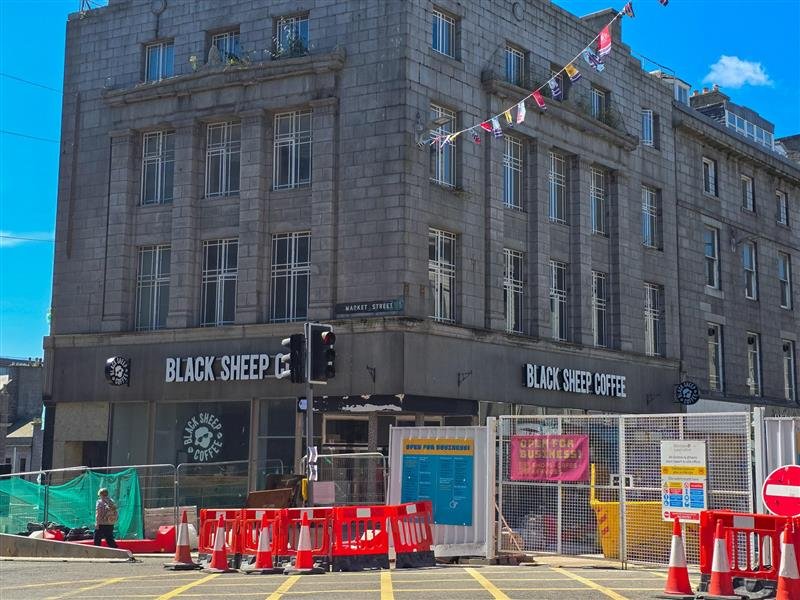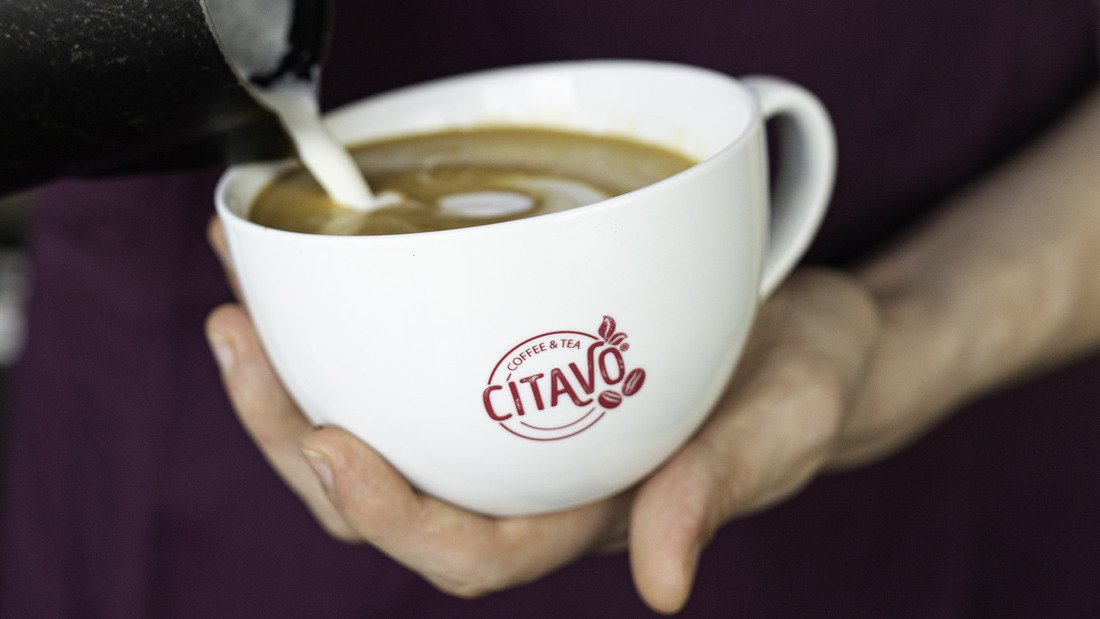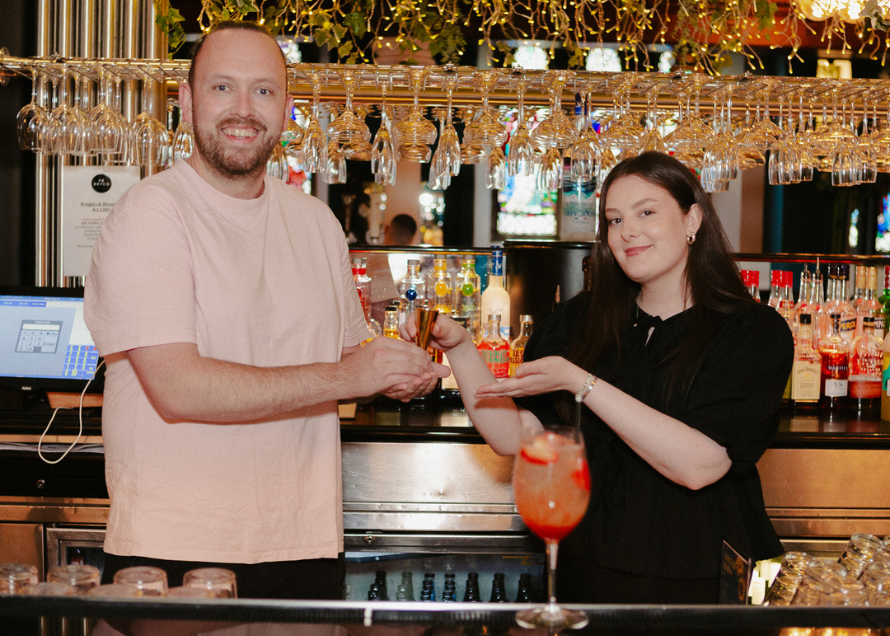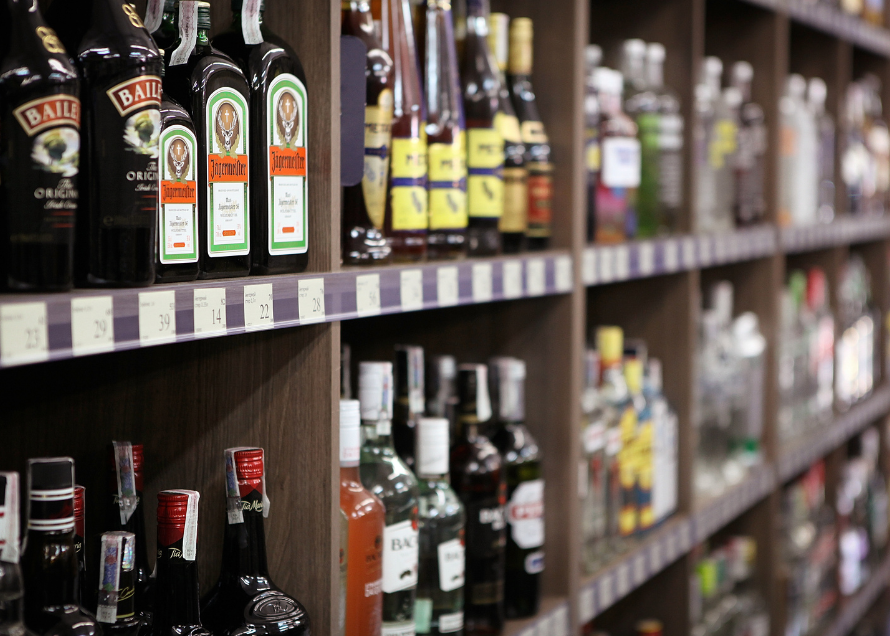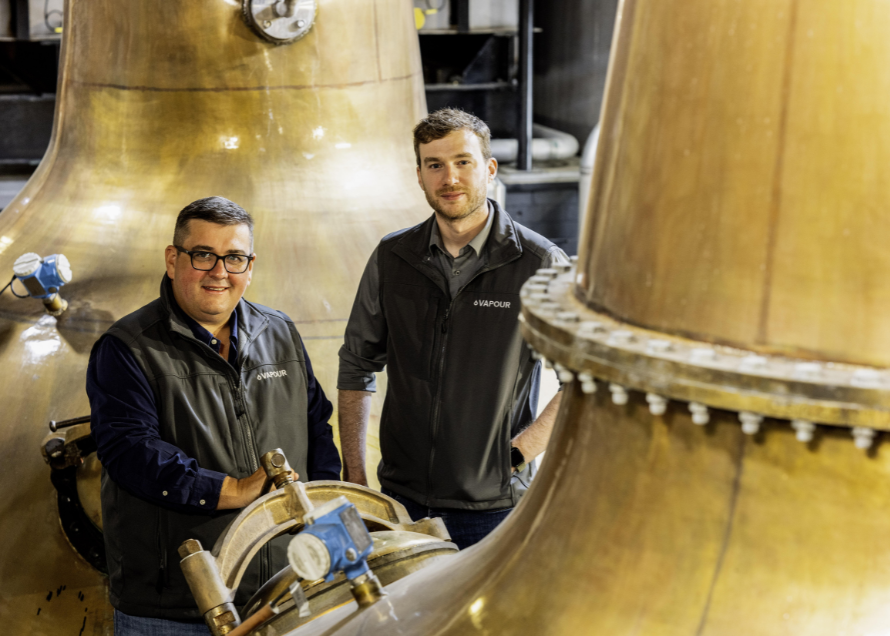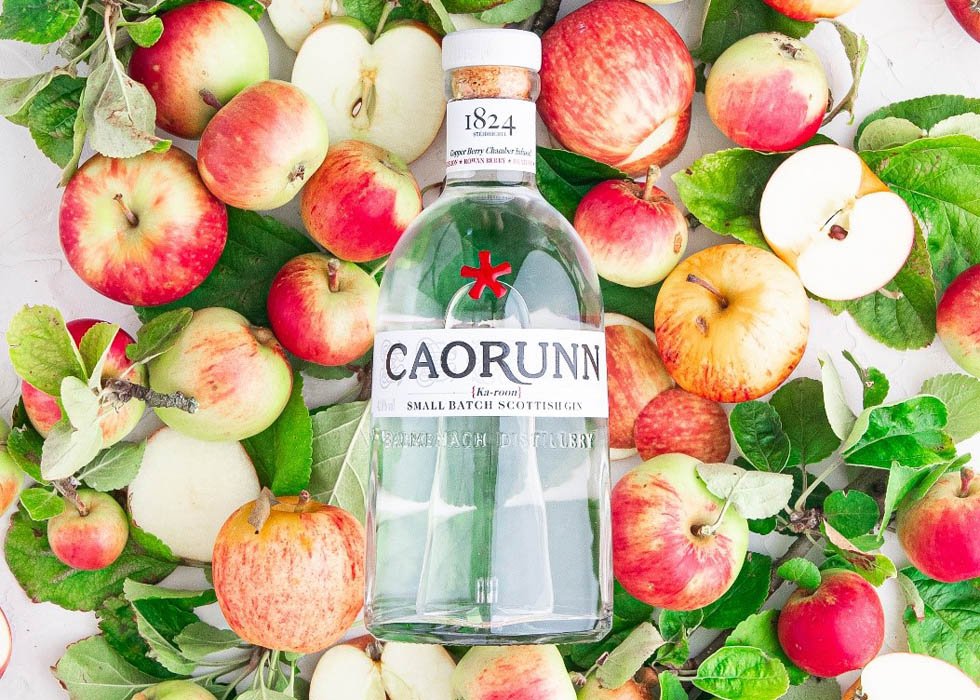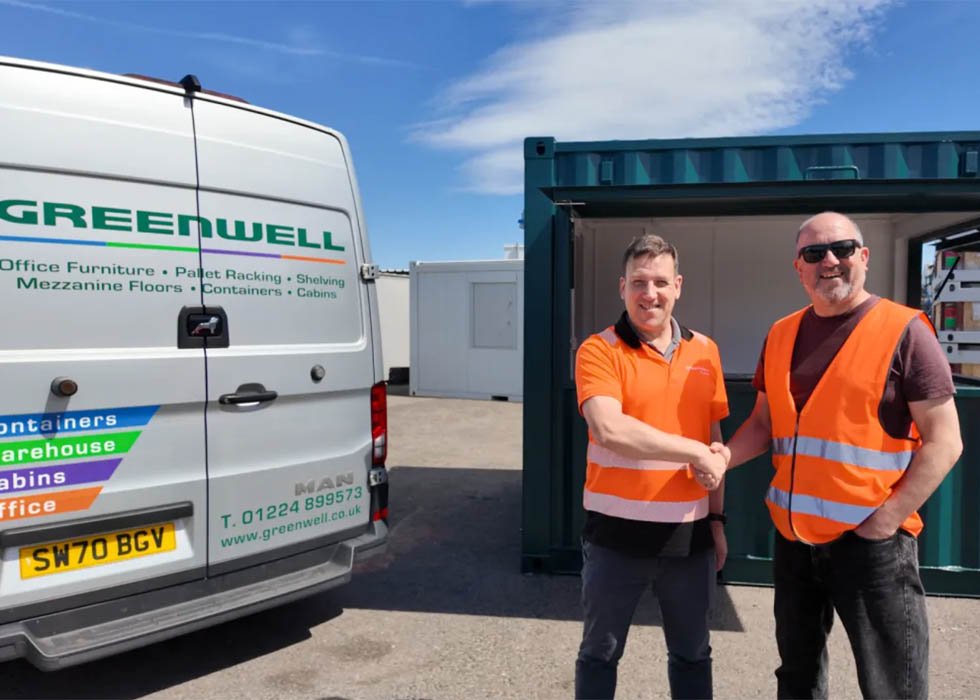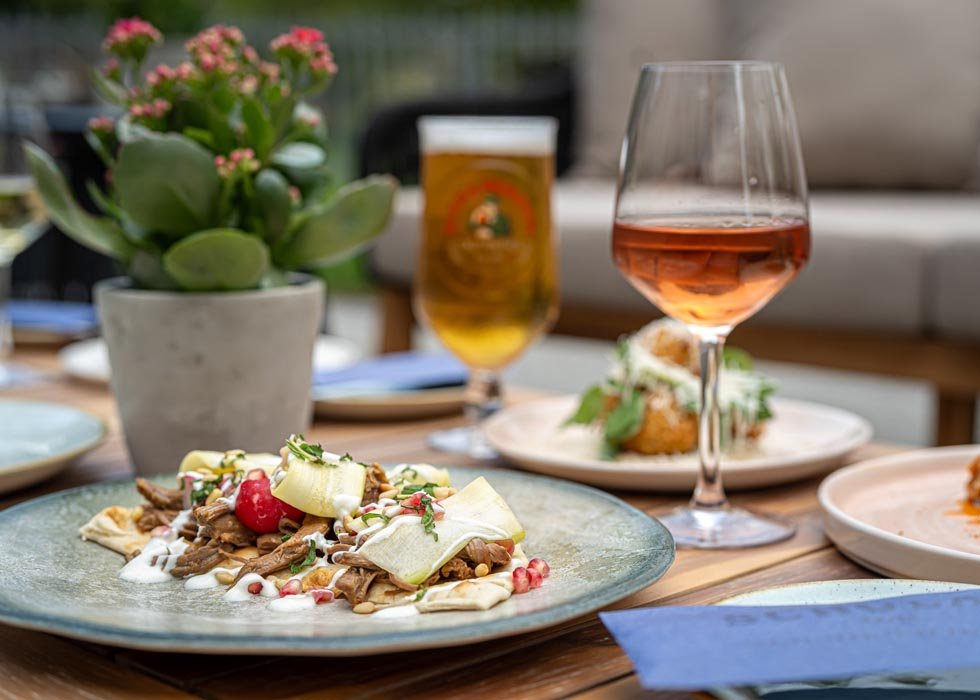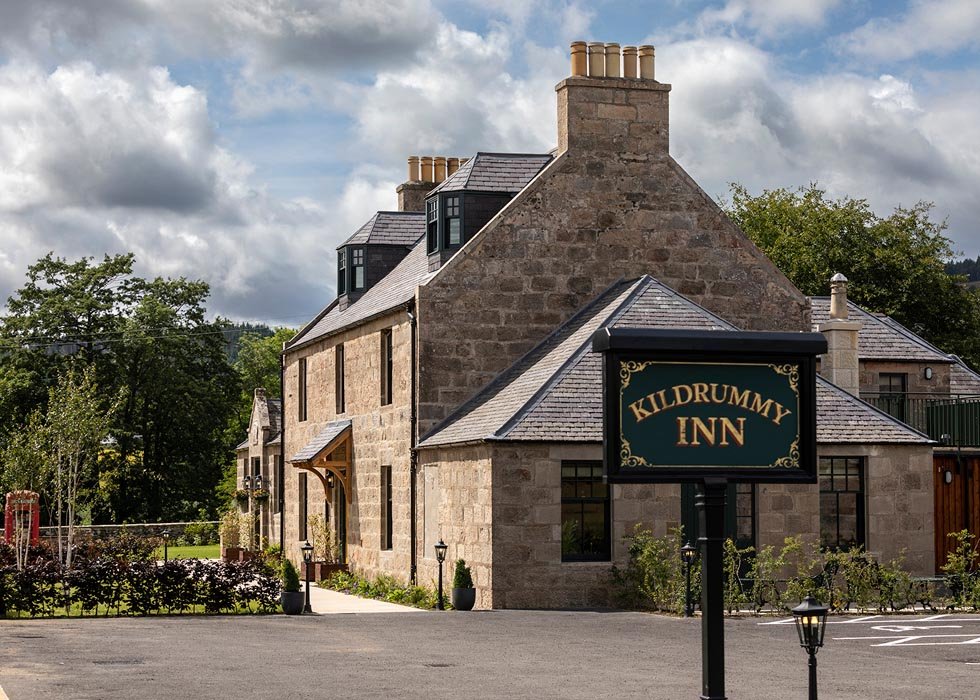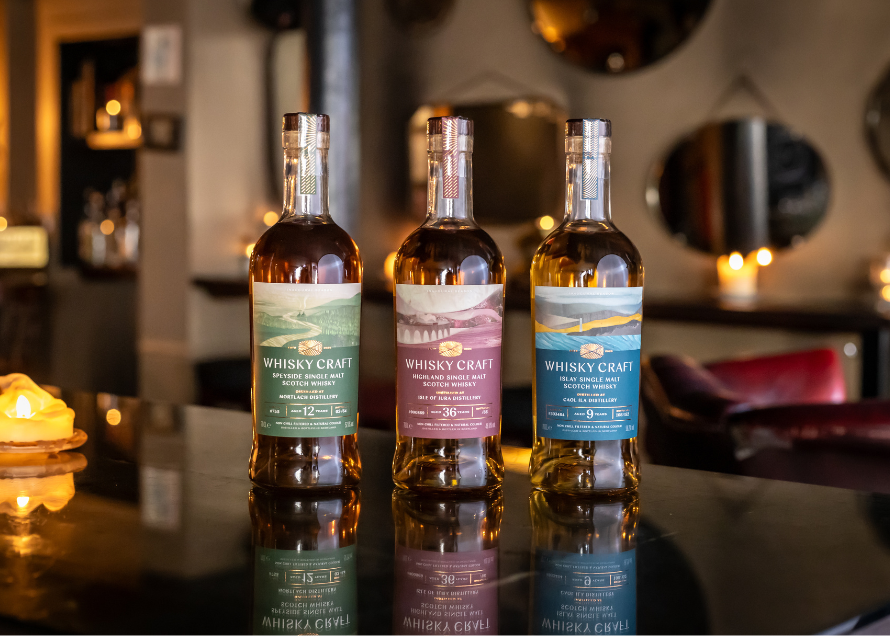Coffee is one of the most beloved beverages in the world, with over 2 billion cups consumed every day. While many people enjoy their daily cup of coffee, not all coffee is created equal. Specialty coffee, made from high-quality beans and brewed using precise techniques, offers a range of benefits that go beyond the ordinary cup of joe.
In this blog, we will explore the benefits of specialty coffee, including taste, quality, and sustainability, and why it is worth seeking out specialty coffee for your daily caffeine fix.
Prioritising Taste and Flavour
Specialty coffee has become increasingly popular in recent years, and for good reason. One of the most significant benefits of specialty coffee is its taste and flavour. Unlike mass-produced coffee, which is often made from low-quality beans and roasted to a generic flavour profile, specialty coffee is made from high-quality beans that are carefully selected for their unique taste profiles.
Specialty coffee beans are often grown in specific regions and climates that allow them to develop distinct flavours and aromas. For example, coffee grown in Ethiopia has a different taste profile than coffee grown in Brazil. Coffee farmers and roasters work together to create flavour profiles that highlight the unique characteristics of each batch of beans.
The roasting process also plays a crucial role in the taste and flavour of specialty coffee. Specialty coffee roasters use precise techniques to bring out the unique characteristics of each batch of beans. Roasting profiles can vary widely, from light roasts that highlight the fruity and floral notes of the coffee, to dark roasts that bring out the rich, chocolatey flavours.
In recent years, specialty coffee has become more accessible to the general public with the rise of specialty coffee shops and the availability of high-quality beans for purchase. Additionally, coffee enthusiasts can now enjoy specialty coffee from the comfort of their own homes. Coffee machine bean to cup sales have grown exponentially in recent years making it is easier than ever before to brew a perfect cup of specialty coffee at home. Other brewing methods like pour-over, French press, and espresso are great for producing high quality brews. These machines are designed to extract the best flavours and aromas from high-quality beans, making it possible to enjoy the unique taste of specialty coffee without leaving your home.
Overall, the taste and flavour of specialty coffee are unparalleled. By focusing on high-quality beans, precise roasting techniques, and careful brewing methods, specialty coffee provides a unique and delicious coffee experience that cannot be matched by mass-produced coffee.
Ensuring Quality Coffee
In addition to the taste and flavour of specialty coffee, another significant benefit is its overall quality. Specialty coffee is made from the highest quality beans, which are carefully selected based on their unique taste profiles. Arabica beans are the most commonly used for specialty coffee, as they are considered to be of higher quality than Robusta beans. Arabica beans are grown at higher elevations and require specific growing conditions, which results in a smoother, more complex flavour profile.
The quality of specialty coffee is not just dependent on the beans themselves, but also on the roast and the brewing method. Specialty coffee roasters use precise techniques to bring out the unique characteristics of each batch of beans, resulting in a consistently high-quality roast. Similarly, specialty coffee shops and home brewers take great care to use proper brewing methods, such as pour-over, French press, or espresso, to extract the best possible flavour from the beans.
In addition to the beans, roast, and brewing method, the quality of specialty coffee also depends on the brewer. Experienced baristas take the time to ensure that each cup of coffee is brewed to perfection, using the correct grind size, water temperature, and brew time. This attention to detail ensures that each cup of specialty coffee is of the highest quality.
Specialty coffee shops often source their beans directly from farmers, paying a premium price for high-quality beans. This not only ensures that the coffee is of the highest quality, but also supports sustainable farming practices and fair labour practices. By purchasing specialty coffee, consumers are not only treating themselves to a delicious cup of coffee but also supporting ethical and sustainable practices within the coffee industry.
Sustainability in the Coffee Industry
Sustainability is a critical aspect of the specialty coffee industry. Specialty coffee shops and roasters prioritize sustainability by sourcing beans from farmers who use sustainable farming practices. Sustainable farming practices include using organic farming methods to reduce the use of pesticides and other harmful chemicals. Farmers may also use shade-grown methods that preserve natural ecosystems and provide habitat for wildlife. Additionally, sustainable farming practices can help to improve soil health, water quality, and biodiversity.
Specialty coffee shops and roasters also prioritize sustainability by using eco-friendly packaging and reducing waste in their operations. For example, some specialty coffee shops use reusable cups and offer discounts to customers who bring their own cups. Other shops may use compostable or recyclable packaging for their coffee beans.
In addition to environmental concerns, specialty coffee also addresses humanitarian concerns. Specialty coffee roasters often pay a premium price for high-quality beans, which ensures that farmers are paid a fair wage for their work. This supports fair labour practices and helps to alleviate poverty in coffee-growing regions.
Fair trade certification ensures that coffee farmers are paid a fair price for their beans, which helps to support their livelihoods and bolster those local communities. Fair trade also promotes social and environmental sustainability by ensuring that farmers use sustainable farming practices and that their working conditions are safe and fair.
Specialty coffee shops and roasters often work directly with farmers to ensure that they are paid a fairly and that their working conditions are ethical and sustainable. This direct trade model not only supports sustainable farming practices but also promotes transparency and traceability in the coffee supply chain.
Humanitarian concerns are also addressed through the support of community projects and initiatives. Many specialty coffee shops and roasters donate a portion of their profits to support community projects in the areas where the coffee is grown. These projects can include building schools, healthcare facilities, and clean water initiatives, which improve the quality of life for coffee farmers and their families.
Overall, the specialty coffee industry’s focus on sustainability and fair trade practices benefits everyone involved in the coffee supply chain, from farmers to consumers. By supporting sustainable and ethical practices, specialty coffee shops and roasters not only provide high-quality coffee but also contribute to a more just and sustainable world.
Final Thoughts
Specialty coffee has numerous benefits, including its unique taste and flavour, high quality, and sustainable farming practices. The coffee industry is becoming increasingly focused on sustainability, and specialty coffee is leading the way in this area. Specialty coffee shops and roasters prioritize sustainability by sourcing beans from farmers who use organic and shade-grown farming methods, as well as by using eco-friendly packaging and reducing waste in their operations. In addition to the environmental benefits, specialty coffee supports fair labour practices and fair trade. By paying a premium price for high-quality beans, specialty coffee shops and roasters ensure that farmers are paid fairly for their labour and can invest in sustainable farming practices. Overall, specialty coffee is not only a delicious and high-quality beverage, but also a sustainable and ethical choice for coffee lovers who want to support the environment and farming communities.











